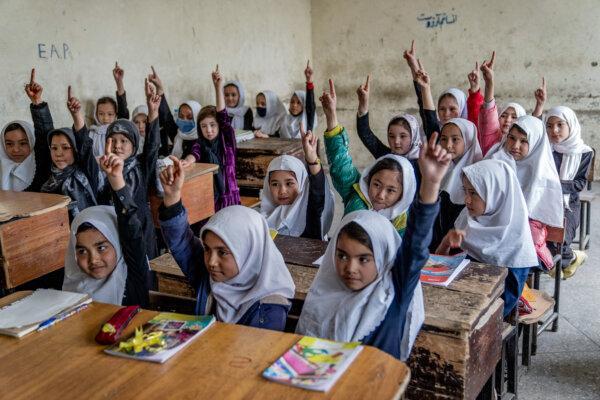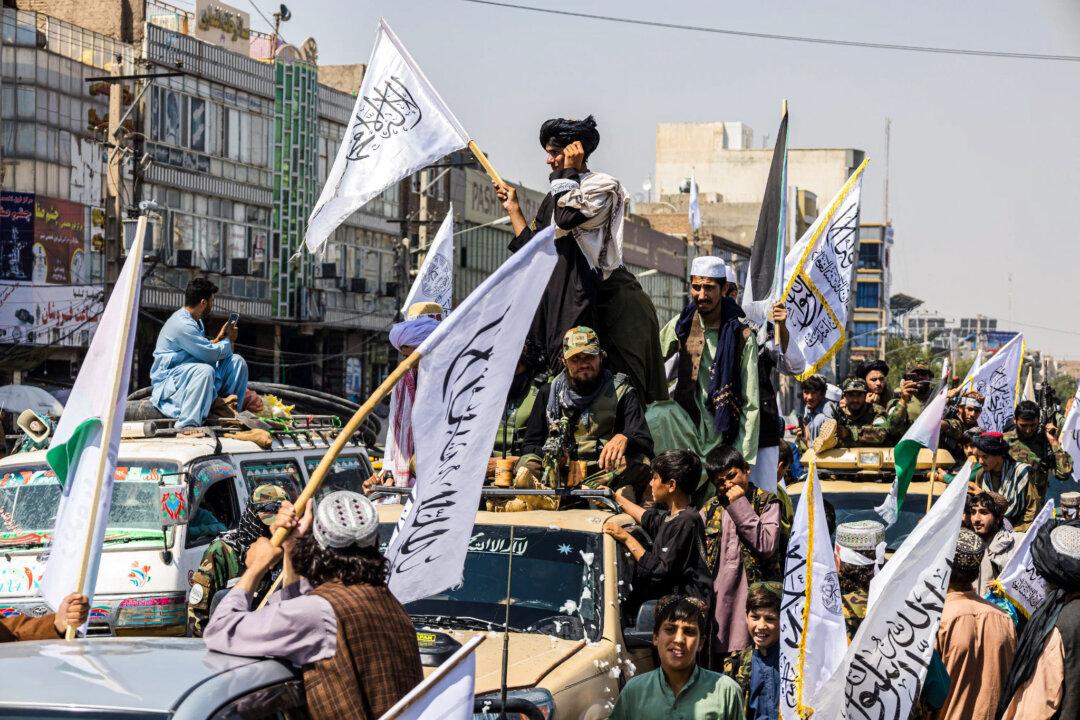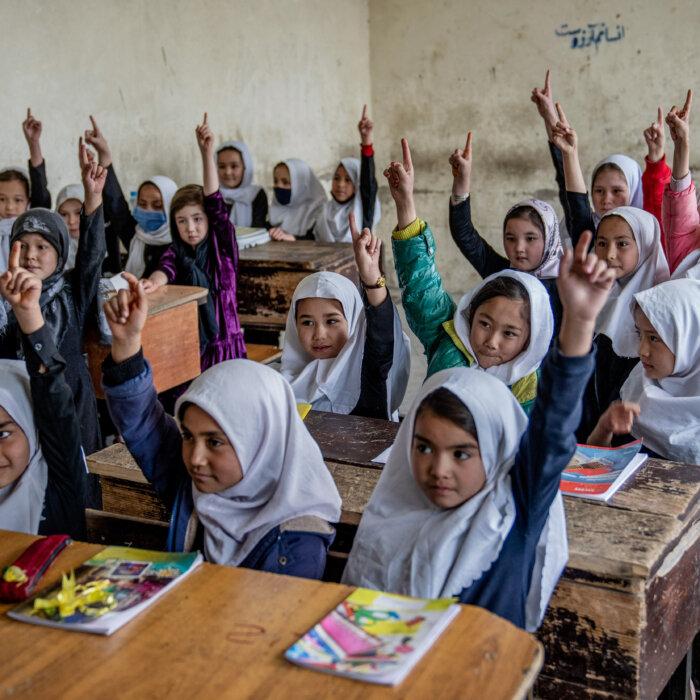The Taliban have banned women’s voices and bare faces in public under new laws to combat vice and promote virtue in Afghanistan.
The laws were brought in on Wednesday after they were approved by the country’s supreme leader Hibatullah Akhundzada, a government spokesman said.
The Islamic fundamentalist group, which has controlled the country for three years, set up a ministry for the “propagation of virtue and the prevention of vice” after seizing power following the withdrawal of US forces in 2021.
The new laws cover various aspects of everyday life such as public transport, music, shaving, and celebrations.
Forbidden to Look at Men
The laws put the ministry at the forefront of regulating personal conduct and administering punishments if enforcers claim that Afghans have violated them.Article 13 of the document specifically relates to women and states that it is mandatory for a woman to veil her body at all times in public and that a face covering is essential to avoid temptation and tempting others. It also stipulates that clothing should not be thin, tight or short.
Women are also required to cover themselves in front of non-Muslim males and females to avoid being corrupted.
Additionally, female voices have been deemed intimate and, as such, should not be heard singing, reciting, or reading aloud in public.
It is also forbidden for women to look at men they are not related to by blood or marriage and vice versa.
Article 17 bans the publication of images of living beings, while Article 19 bans the playing of music, the transportation of solo female travelers, and the mixing of men and women who are not related to each other. The law also compels passengers and drivers to perform prayers at designated times.
Climate of Fear and Intimidation
Last month, a U.N. report said the ministry was contributing to a climate of fear and intimidation among Afghans through edicts and the methods used to enforce them.It said the ministry’s role was expanding into other areas of public life, including media monitoring and eradicating drug addiction.
“Given the multiple issues outlined in the report, the position expressed by the de facto authorities that this oversight will be increasing and expanding gives cause for significant concern for all Afghans, especially women and girls,” said Fiona Frazer, the head of the human rights service at the U.N. mission in Afghanistan.
The Taliban rejected the U.N. report.

The United Nations Educational, Scientific and Cultural Organization (UNESCO) also found the Taliban had deliberately deprived 1.4 million Afghan girls of schooling since it returned to power.
Afghanistan is the only country in the world where females are banned from secondary education and universities.
The Taliban’s interpretation of Sharia law is that girls should not be educated beyond the sixth grade.
As a result of the group’s education policies, UNESCO found that “the future of an entire generation is now in jeopardy.”







